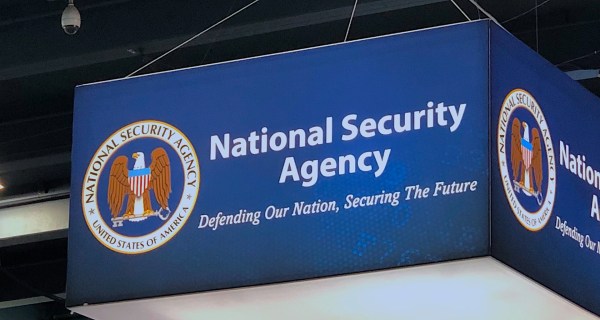Department of Justice drops challenge of Booz Allen-EverWatch deal

The Department of Justice has abandoned its challenge to Booz Allen Hamilton’s acquisition of signals intelligence contractor EverWatch.
In a court filing submitted in late December, the U.S. government said it would not move to reopen the litigation unless either Booz Allen Hamilton or EverWatch withdraw bids for a major signals intelligence contract.
It marks the end of a lawsuit that has run since June last year after the Department of Justice sought multiple injunctions to halt the transaction.
The DOJ’s withdrawal from the case comes as the Biden administration ramps up its focus on pursuing antitrust cases against some of America’s biggest tech companies.
In subsequent arguments to the court, the government sought to show that the deal would directly threaten competition for contracts provided to the National Security Agency, including for the major Optimal Decision signals intelligence contract.
However, it struggled to demonstrate precisely how the competitive landscape would be affected by the deal, and a Maryland federal judge in November blocked multiple attempts by the DOJ to obtain an injunction.
In an opinion dismissing the second attempt at the time, Judge Catherine Blake said it did not meet the required legal standard to proceed.
“[T]he Government once again asks this court to pause Booz Allen’s acquisition of EverWatch. But that ship has sailed. In denying the Government’s initial attempt to stop the transaction, the court allowed the defendants to ‘merge on their own terms, if they so choose,'” she said.
Booz Allen Hamilton closed the acquisition, which according to court documents valued EverWatch at about $440 million, on Oct. 14.
Commenting on the outcome, a Booz Allen spokesperson said: “We are extremely pleased to resolve this matter as we continue to serve national security missions with the most innovative and competitive solutions.”
The Department of Justice did not respond to a request for comment.



